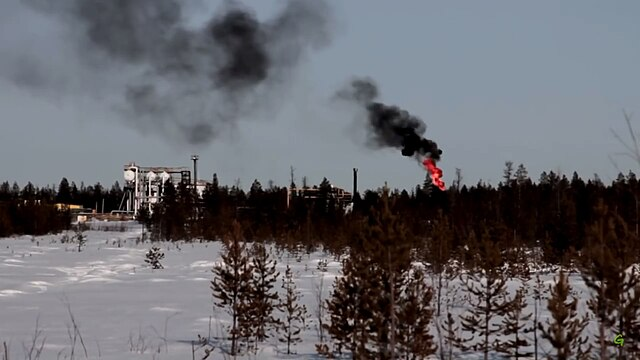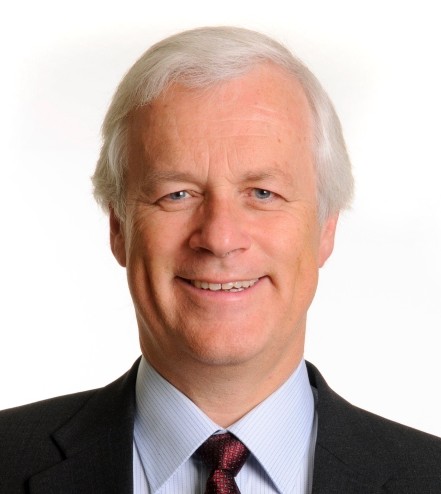
National management of petroleum resources
Images - above: Abu Dhabi, a country utterly transformed by petroleum and its revenues. Below: Oil burning in the Siberian forest. (Wikimedia Commons)

From resources in the ground to a better life for generations ?
Our training is based on the ethical principle that petroleum resources can and should be transformed to lasting benefits for the host nation. Not all petroleum producing nations have achieved this.
Wasted money, ill-gotten gains, armed conflict, pollution and erosion of the non-petroleum economy are among the adverse effects that an inadequately managed petroleum sector can impose on society.
We believe that for a nation to benefit from petroleum extraction, a proper national framework for managing the sector is required. It includes policy, legislation, institutions, a fiscal system, careful revenue management, procedures for allocating petroleum rights with obligations, and well-defined roles of authorities and firms.
Norway has been widely recognized as having managed it petroleum sector rather well, and we draw important lessons from our home country. It is also very clear that what works well in Norway, would not work equally well elsewhere, and we incorporate insights from a range of countries and from academic research in the knowledge that we convey.
A course on managing resource progression plans
For an emerging oil producing nation we delivered, together with IKM Acona, a one-week course on location. The course was attended by senior officials from the national oil company and from the ministry responsible for upstream petroleum.
It covered the national framework for petroleum resource management, agreements between state and oil firms, joint operating agreements, strategic choices in licencing and exploration, as well as the processes of taking a discovery through project development to production. The latter included issues such as environmental management and unitizations. We discussed the relevant role and challenges for national authorities and a national oil company in these processes. We also briefly covered the structure of fiscal systems and factors that may lead to a pressure for renegotiating contracts.

